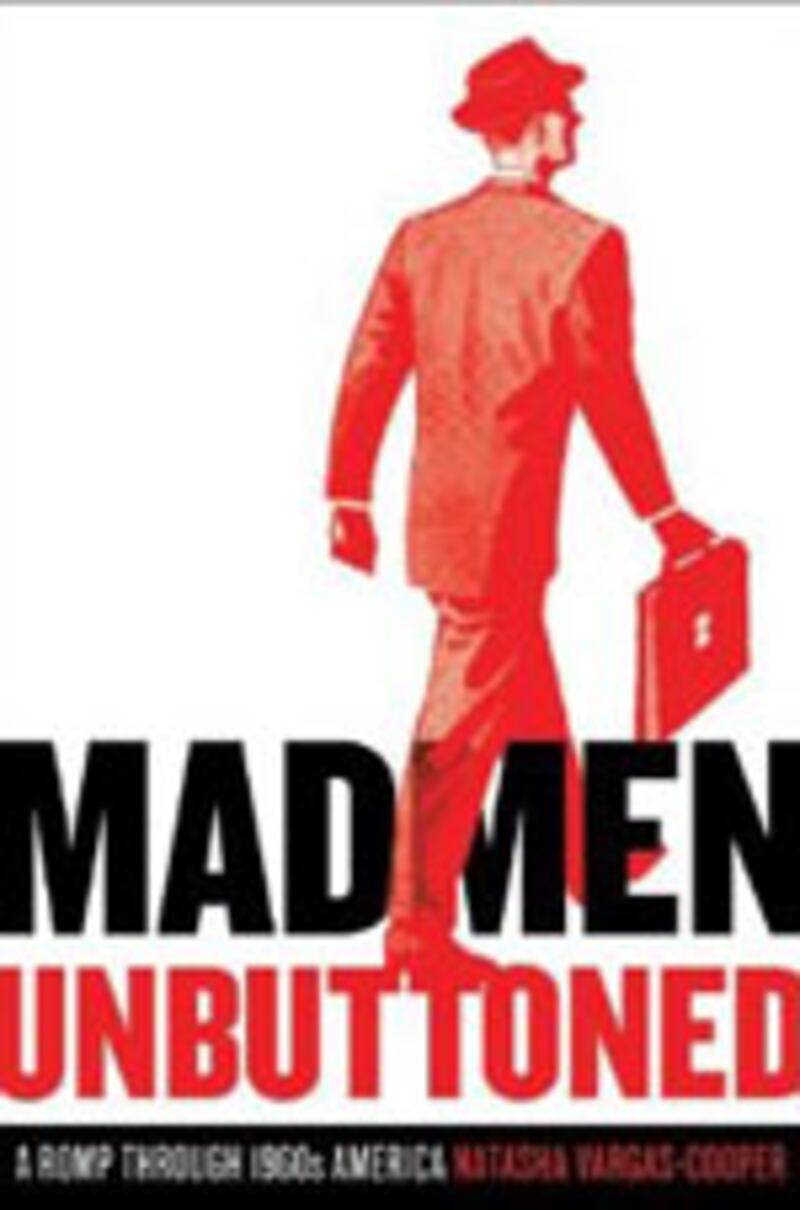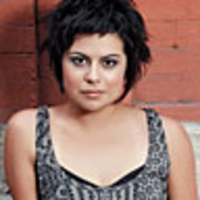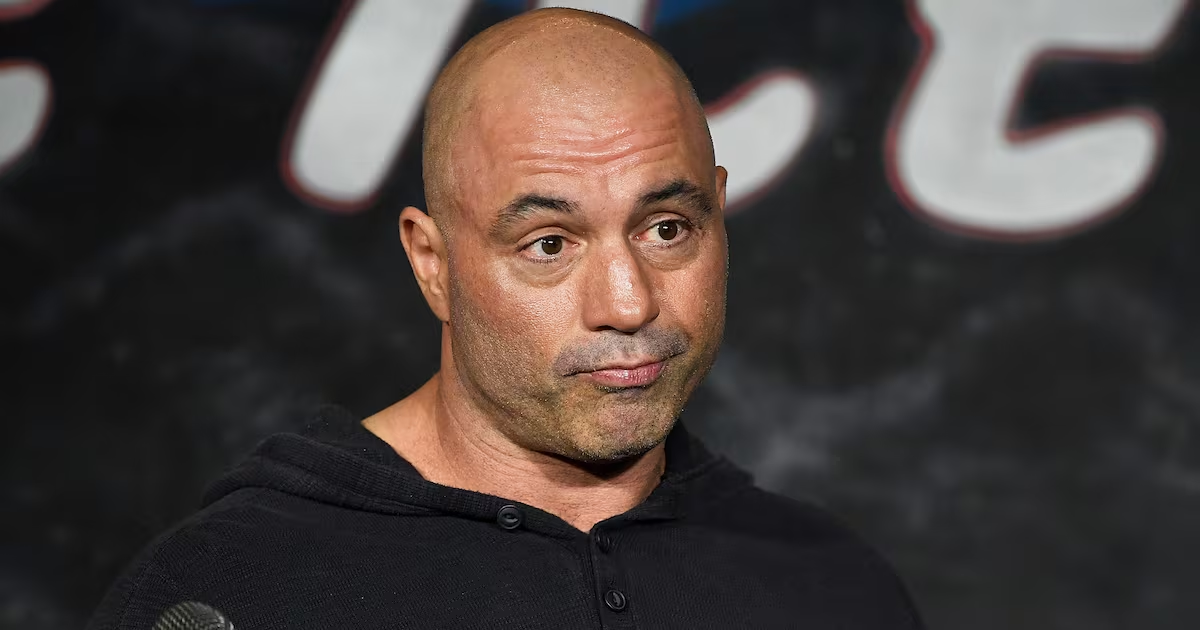The amalgamation of qualities that makes Don Draper so irresistible can also be found in the greatest male movie stars of the time.
Dark eyes, brown hair, strong jaw, and a faint but permanent look of melancholy—in appearance and biography, Don is an undeniable match for Cary Grant. Grant was born as Archibald Leach, to a mentally ill woman and a working-class pants presser in Bristol, England. He spent years performing as a tumbler with a traveling group of acrobats before he was discovered by Paramount. When Grant eventually appeared on-screen, his style was poised, intelligent, and desirable, but still his mutt past was never fully exorcised, giving his persona enough edge to make him film history’s most indelible leading man. Even with his good manners and deference, Grant always seemed to be masking a touch of darkness. Film historian David Thomson wrote of Grant: “The essence of his quality can be put quite simply: he can be attractive and unattractive simultaneously; there is a light and dark side to him but, whichever is dominant, the other creeps into view.”
View a Clip of Don Draper in Action
This description is true for Don as well. Don Draper never seems to entirely dispossess himself of Dick Whitman. Don’s dodgy though concealed past tempers his slickness and enhances his appeal.

Grant, though, was at his best when he was being chased by the alpha starlets of the era. From screwball comedies to suspense thrillers, the great leading ladies—Mae West, Katharine Hepburn, Rita Hayworth, Grace Kelly—all tried to seduce Grant. (Indeed, Don is similarly simpatico with commanding women such as Rachel Menken and Bobbie Barrett.) It’s when both men find themselves around aggressive females that they are most desirable. Mae West winked at Grant when she knowingly asked, “Why don’t you come up and see me sometime?” Thirty years later, Audrey Hepburn delivered a similar invitation to Grant in Charade. “Won’t you come in for a minute? I don’t bite, you know, unless it’s called for.”
But here’s where Don and Grant part ways. You could rely on Grant to play nice while a woman worked herself up into a lather over his charms. There is a much more forceful quality to Don’s sexual charisma. In terms of masculine prowess, Don most resembles Clark Gable. You did not playfully invite Gable in for sex hoping he would be courteous.
Gable’s sexual charisma was an open challenge to women. Pauline Kael captured his essence best when she wrote, “Gable got down to brass tacks; his advances were basic, his unspoken question was ‘Well, sister, what do you say?’ If she said no, she was failing what might almost be nature’s test. She’d become overcivilized, afraid of her instincts—afraid of being a woman.”
Just think of the scene in the restaurant between Bobbie and Don. Don takes a fistful of Bobbie’s hair, slowly pulls her toward the floor, and slides his other hand up her skirt. It’s unclear if Bobbie’s whimpers are from agony or ecstasy; whether it’s what Don is doing under her skirt or her strained back.
The same violent, primal appeal appeared on-screen and off-screen with Gable. Even the toughest of women weren’t immune to it: Joan Crawford said being around Gable on set gave her “twinges of sexual urge beyond belief.” Looking at the suggestion of force behind both Don and Gable’s smiles makes Crawford’s confession all too believable.
But then again, Don doesn’t spend very much time smiling, does he? He’s a little too prone to self-destruction and pessimism ever to be as cavalier as Gable was. Don’s constant introspection, his tangle of morals, the calm fatalism that overcomes him when he faces the unknown is trademark Humphrey Bogart, the unlikely sex symbol of so much of film noir that Don no doubt sat through with a knowing admiration for the disillusioned detective played by Bogie. This “intellectual isolation,” as described by Thomson, that both Don and Bogart exhibit implies complexity, which at times can be maddening for women (particularly Betty, who one night stares at the back of Don’s sleeping frame and asks aloud, “Who is in there?”) and, yet, is nonetheless incredibly sexy.
There is a final trait about Don that perhaps only a woman can recognize. Though he rarely flaunts it, there is a sense of safety about Don. It’s clear that he has a sturdy, protective embrace. You can see it in his early encounters with Suzanne the schoolteacher. Or when Betty’s family is in crisis. Though they are separated, Don insists on traveling with her to her Pennsylvania mansion to run defense against Betty’s smarmy brother and wicked stepmom.
Later that night, on the floor of her childhood bedroom, we witness one of few instances where Betty sexually advances on Don. Whether it’s ancient biology or socialized norms, there is a protection that Don offers that we women want. And who epitomizes the homesteading patriarch better than John Wayne? Not even the most erudite, urbane women—like say, Joan Didion—could resist Wayne’s bowlegged, virile swagger. In 1965 Didion wrote a diary-style essay (“John Wayne: A Love Song” in Slouching Toward Bethlehem) about her love for Wayne: “As it happened I did not grow up to be the kind of woman who is the heroine in a Western, and although the men I have known have had many virtues and have taken me to live in many places I have come to love, they have never been John Wayne.” Didion echoes the line from Wayne’s War of the Wildcats, where he tells his young lover that he would build her a house at the bend in the river where the cottonwoods grow. She wrote, “Deep in that part of my heart where the artificial rain forever falls, that is still the line I wait to hear.”
Plus: Check out Book Beast for more news on hot titles and authors and excerpts from the latest books.
Natasha is the Los Angeles corespondent for The Awl. Her book Mad Men: Unbuttoned has been released by Harper's studio.





